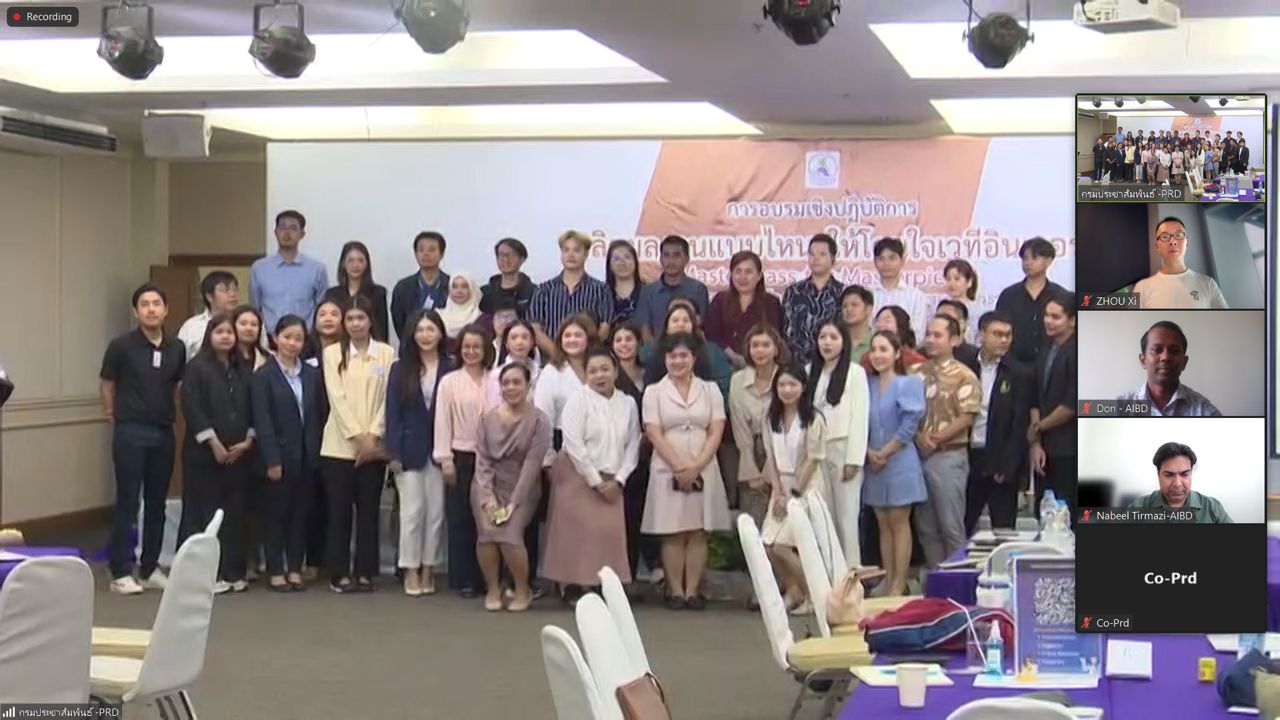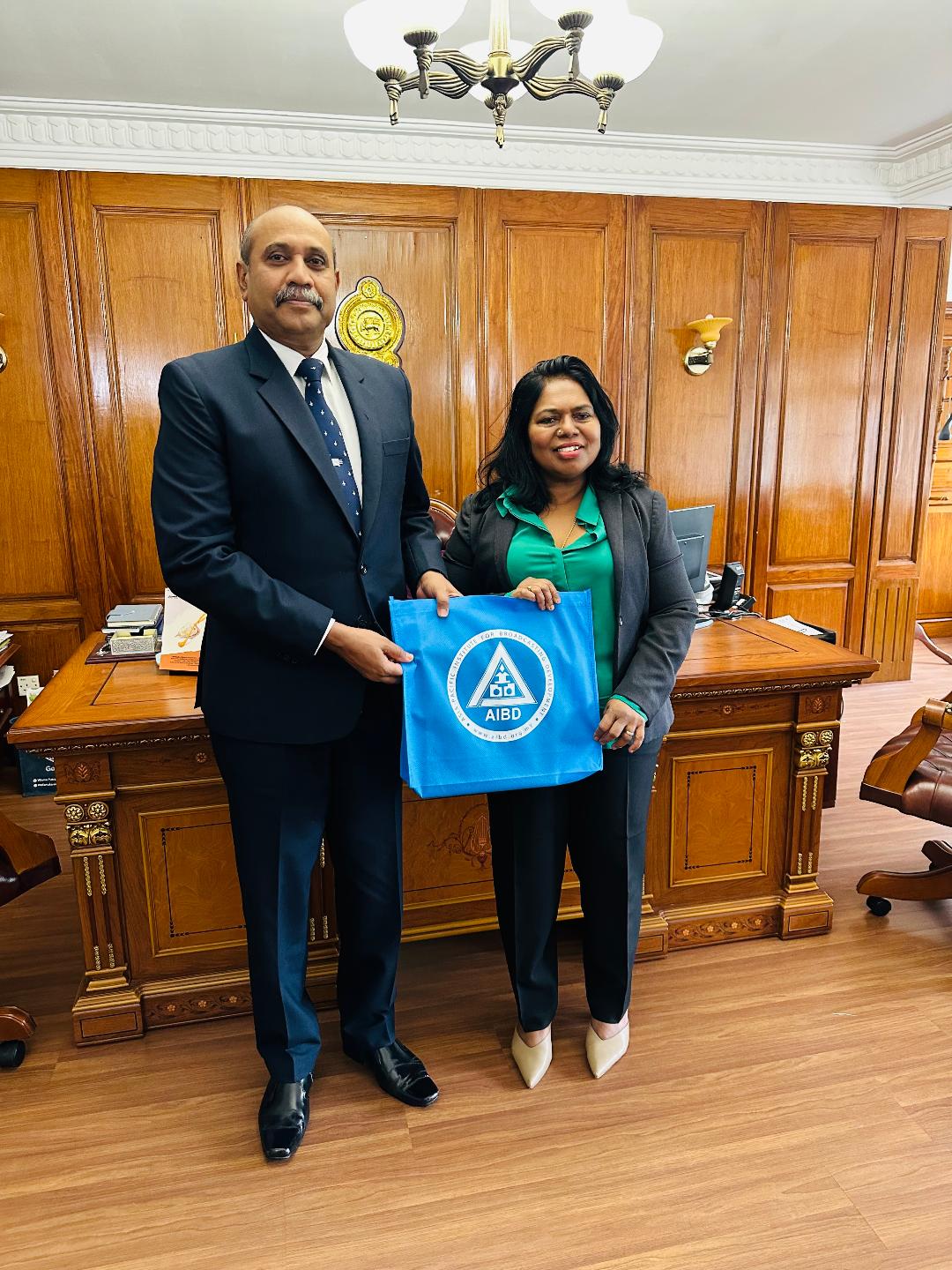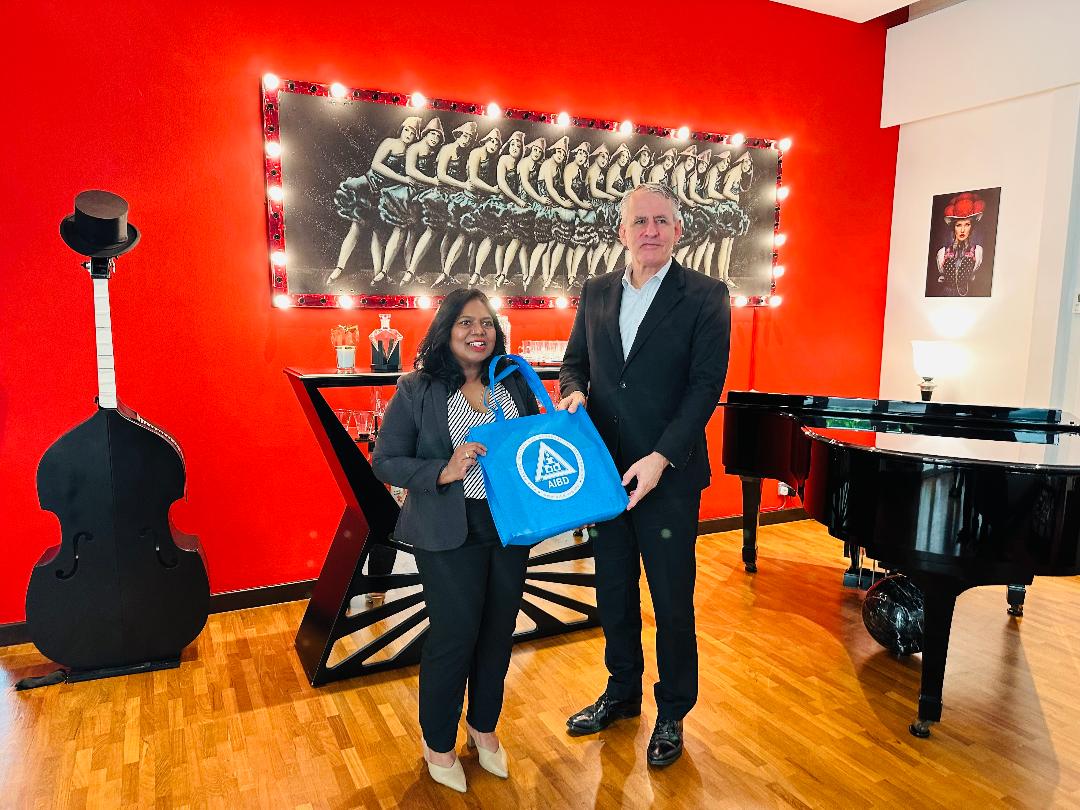Constructive Journalism: Bringing Back Journalism to its Core Values
A new approach to deal with sensationalism and negativism in news that are increasingly turning off audiences and pushing them to trust media less and care less about the world is the application of constructive journalism.
Constructive journalism can “ empower audiences to have an accurate view of the world and also learn about solutions, not just problems, what’s working and not just what’s not working” Mr Mark Egan, a mobile video specialist and faculty member of EuroVision Academy, said,
A new approach to deal with sensationalism and negativism in news that are increasingly turning off audiences and pushing them to trust media less and care less about the world is the application of constructive journalism.
Constructive journalism can “ empower audiences to have an accurate view of the world and also learn about solutions, not just problems, what’s working and not just what’s not working” Mr Mark Egan, a mobile video specialist and faculty member of EuroVision Academy, said.
There is a need for constructive journalism, he said, because of the “ pressures of audiences as well as other pressures. People see news becoming more cynical and negative, and what they see and read do not match the experience of what they see in the real world.”
Egan, former BBC video journalist, handled the master class on constructive journalism from 4-5 June 2017 in Qingdao, China. Some 16 journalists from 12 countries in Asia-Pacific and Africa participated in the two-day pre-summit, organised by AIBD and supported by CCTV and EuroVision Academy.
In his presentation, Egan identified key elements of constructive journalism, saying it adheres to the core functions of rigorous journalism, and serves society by providing an accurate representation of the world. It also steers clear of stereotypes, clichés & over-simplification, and makes more diverse editorial decisions more accurate representation of world.
He cited a BBC study that revealed that 64% of under-35s on-line want news to provide solutions to problems, not news that tells them about just problems. It also said 89% of Germans: media reported too much about the problems and not enough about the solutions.
Constructive journalism is alsofuture oriented; it sees both the positive and negative, he said. “ It is critical but not cynical and calls on the press to take its commitment to democratic participation and public debate seriously,” Egan added.
What is constructive journalism not? Egan said it is not positive, fluffy or excessively optimistic. It is also not activism, or making a plea for a specific cause, not a hero or NGO worship or a silver bullet, glorifying something as a life saver and a cute story before the weather, and not afraid to investigate and question.
He also said constructive journalism is not uncritical and covering up conflicts.
The master class, which is one of six pre-summits leading to the Asia Media Summit, featured some best practices in constructive journalism from TV networks in Europe and several exercises that apply the steps of constructive journalism: planning, executing and sharing.
“It is not a panacea for all journalistic problems, such as collapsing business models, and not applicable for every story such as breaking news, highly politically or ideologically charged stories, very complex systemic issues, stories that require building public awareness”, Egan said.
He said that If not carefully handled, media practitioners can move towards the side of advocacy or activism. He advised journaliststo keep their independence at all times.
Sarah Gibson, Implementation Manager and Senior Editor at BBC, showed a case study during the Master Class.





